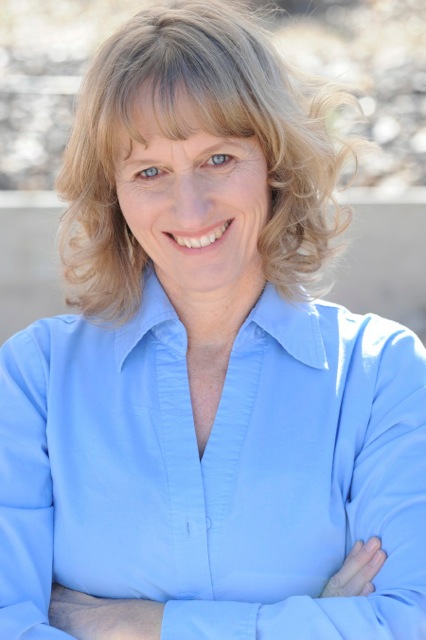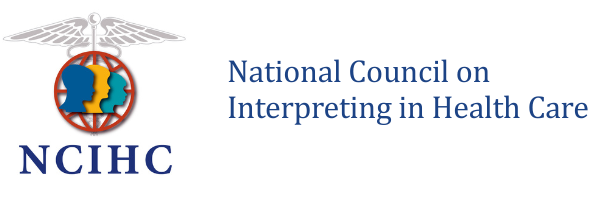|
Trainers Webinar #10
No Interpreter Left Behind:
Ensuring Language Access for Less Common and Indigenous Language Communities
By guest Trainer of Trainers Katharine Allen
This live webinar took place on December 11, 2014.
This webinar was recorded. The recording will only be available through the NCIHC Learning Center. Once the recording is available, individuals will need to submit a separate registration form to view the recording, including those who registered for the live broadcast. Recordings are free for NCIHC members and $30 for non-members.
Register to view the recording of this webinar by clicking on the link below.
Continuing Education Approvals:
CCHI for 1.25 instructional hours
Some of the comments received:
-
The instructor presented some very interesting advocacy ideas that some of us may be interested in pursuing. There is increasingly a great need for interpreters of rare languages. It would be nice to have a follow-up to discuss this topic further.
-
It was excellent! thank you for having it.
-
Great information thank you so much.
No Interpreter Left Behind: Ensuring Language Access for Less Common and Indigenous Language Communities
Medical interpreting faces a paradox. We are in increasingly desperate need of competent, trained interpreters who speak less common and indigenous languages, yet our training programs often require levels of formal education and literacy that make them inaccessible to these very interpreters. Without sacrificing standards, it is possible to target our trainings so that interpreters in these language groups can successfully enter our field. This session walks trainers through sensitive and respectful literacy assessment techniques, and provides strategies for adapting curriculum content for trainees with less formal levels of education. This proactive approach will help to ensure language access for language communities who currently struggle with a lack of trained, professional interpreters.
Learning Objectives:
- Understand the broad range of educational levels (formal/informal) that exists in working medical interpreting.
- Techniques to administer self-assessment of literacy and numeracy comfort to interpreter in training arena.
- Techniques for training interpreters with less formal educational levels (low literacy and numeracy).
|

About the presenter:
Katharine Allen is co-President of InterpretAmerica, an organization dedicated to raising the profile of the interpreting industry, which hosts the annual InterpretAmerica Summit. She trains interpreters and interpreter trainers, provides curriculum design, and offers language access consulting to hospitals. Katharine holds a Masters in Translation and Interpretation from the Monterey Institute of International Studies.
|
|
You may download the Webinar Policies here
REDIRECT TO TRAINERS WEBINARS
|

